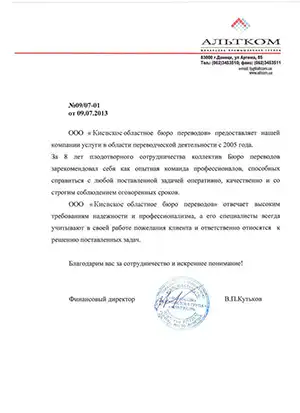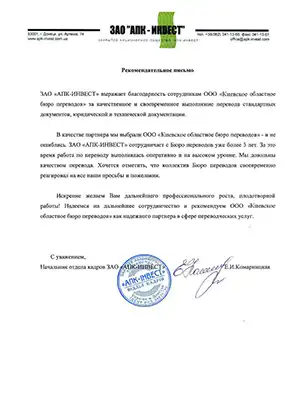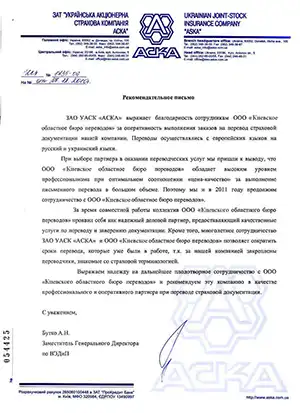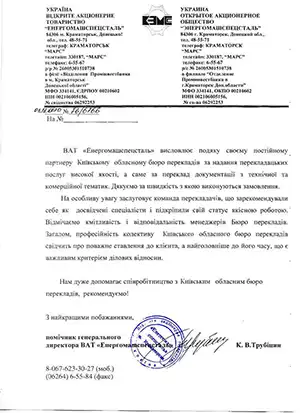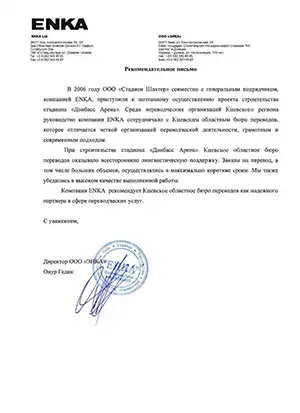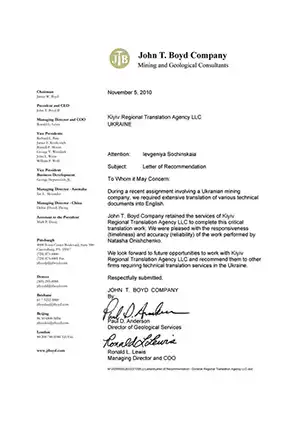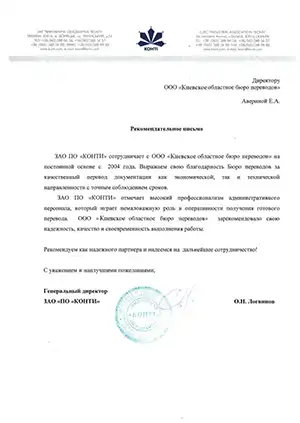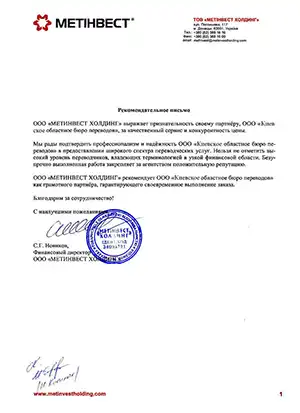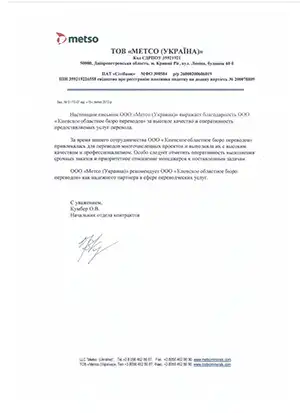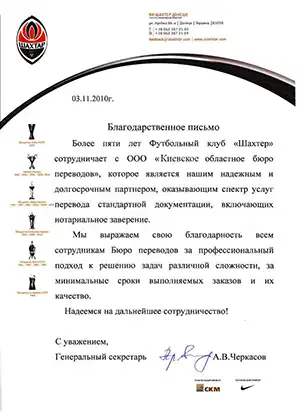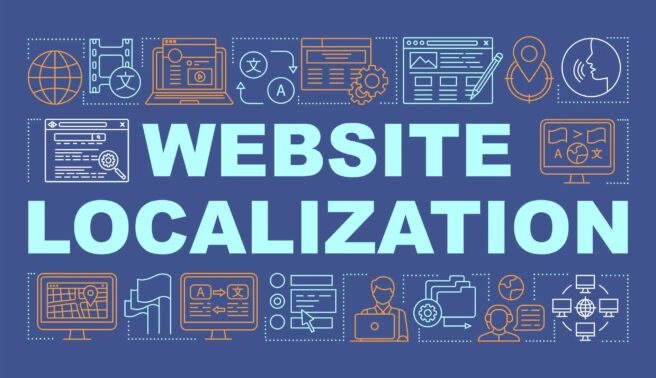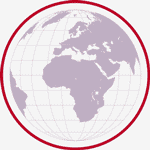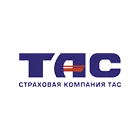Many people think that localizing a website for a new region is as simple as translating the content, but that's just the tip of the iceberg.
Website localization is a much more in-depth process of adapting your product and content to the linguistic, cultural, and technical characteristics of a specific region. And it concerns much more than just the text on the pages.
Imagine that you have created the perfect Ukrainian website. You have chosen colours, fonts, images, formed the navigation structure, used dates and times. All this looks organic and is intuitive for Ukrainian citizens. But will all this work in Japan, Brazil or Saudi Arabia?
Let's figure out what other website elements need localization so that your business can successfully develop in international markets.
Image and video localization
Visual content plays an important role in the perception of the site. The images and videos you use should be relevant and understandable to consumers.
- Cultural characteristics. What is considered normal or even attractive in one culture may be offensive or inappropriate in another. For example, gestures, symbols, clothing, scenes from everyday life - all this can carry different meanings.
- Relevance: If you sell winter clothing, photos of people in down jackets against a snowy backdrop will make sense in Canada, but not in Australia, where winter coincides with our summer and is much warmer.
- Text on images. If your images contain text (for example, on infographics, banners, buttons), it also needs to be translated and adapted to the site.
- Video content. For videos, in addition to translating subtitles or dubbing, it is important to consider the speech rate, humour, and speech patterns.
Data localization: numbers, dates, times, currencies
On the one hand, these are minor elements, but if presented incorrectly, they can lead to serious situations that are best avoided.
- Dates: 03/04/2025 in the US means March 4th, and in Europe it means April 3rd.
- Time. Use 12-hour or 24-hour format, as well as time zones.
- Currency: It is also important to ensure up-to-date exchange rates or the ability to choose your local currency.
Website localization: legal aspects and compliance
Legal requirements and regulations vary widely from country to country.
- Privacy and Cookies Policy. Data protection laws, such as the EU GDPR, require specific language and user consent. Your privacy policy should be adapted to local laws.
- Terms of use. Terms of services provision, warranty obligations, return policy - all this is regulated by local law and must be legally correctly translated and adapted.
- Disclosure requirements: Some countries have strict rules regarding what information a company must disclose on its website (e.g. registration details, licenses).
User Interface (UI) and User Experience (UX)
UI/UX localization is about how users interact with your website and how intuitive it is.
- Layout and text direction. Most languages write sentences from left to right, but there are also those that write from right to left (Arabic, Hebrew). This affects the entire structure of the site.
- Colour palette: Consider colour perception depending on the country and region.
- Fonts. The choice of font should ensure good readability of the text.
- Icons and Symbols: Icons that seem universal may actually be confusing or even offensive in other cultures.
- Form fields. Forms for addresses, phone numbers, and postal codes can vary greatly. Forms need to accommodate these differences, which is important if people are ordering products from a website.
If you want your website to not only exist, but also work effectively in other countries and regions, then entrust its localization to professionals who will take into account all these subtleties. And remember: it is not only about translating words, but also about translating meanings and cultural codes.
Have questions about localizing your website? We are ready to help - contact us in a way convenient for you.





